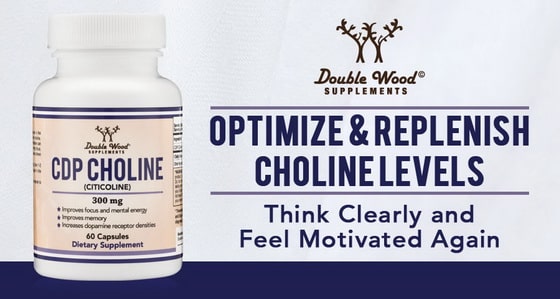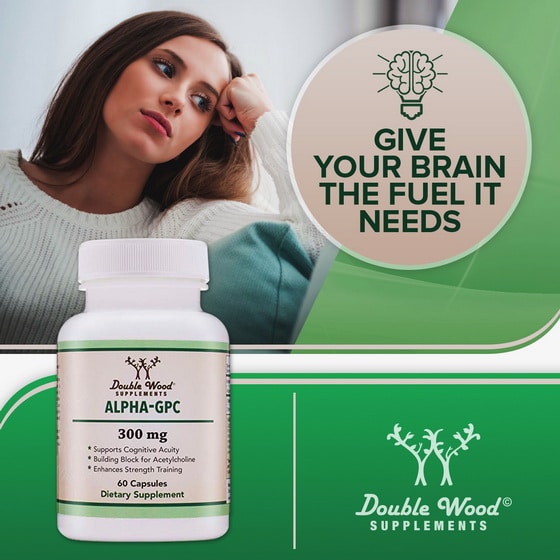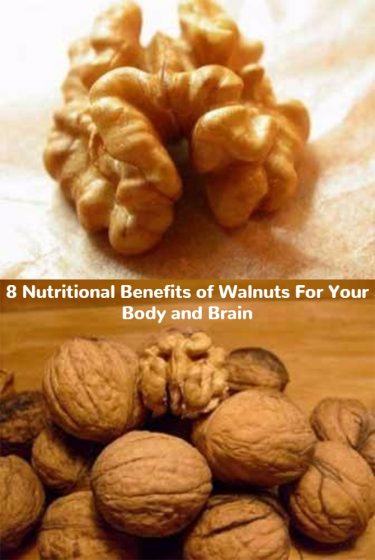8 Nutritional Benefits of Avocados: Fiber, Fats, Vitamins, Minerals and More
 The avocado is a uniquely nutritious food and one well worth eating more often.
The avocado is a uniquely nutritious food and one well worth eating more often.
They have the highest fat content of any fruit. Though these fats are primarily heart-protective oleic acid and are a definite plus for your health.
Avocados are also rich in dietary fiber and vitamins, have many anti-inflammatory compounds, are a good source of vision enhancing antioxidants and cover a wide range of nutritional bases.
Here are 8 reasons why avocados are so healthy and why you should enjoy them in your diet more often.
8 Reasons Why Avocado is Good for You
1. High Fiber Content
Despite their soft and creamy texture, avocados are a great source of fiber. They contain 16 grams per cup, according to nutritional databases.
That’s 7% dietary fiber by weight, which is much higher than the vast majority of fruits. Around three quarters of this fiber is insoluble while one quarter is soluble fiber.
 Magnesium L Threonate (Magtein) | Highly Bioavailable Form for Healthy Sleep Habits and Improved Cognitive Function + Memory | 2,000 mg, 100 Capsules, Best Value
Magnesium L Threonate (Magtein) | Highly Bioavailable Form for Healthy Sleep Habits and Improved Cognitive Function + Memory | 2,000 mg, 100 Capsules, Best Value
Dietary guidelines recommend at least 38 grams of fiber a day for men and 25 grams of fiber for women. Unfortunately most Americans get less than 15 grams daily on average.
The 16 grams of fiber in avocados by cup is almost half that recommended for men and well over half a woman’s suggested daily intake.
You’d be hard pressed to find a more satisfying way to get fiber into your diet than enjoying an avo a day.
This high fiber content is one of the reasons why eating avocados can help you lose weight, despite their high calories.

2. Anti-Inflammatory Monounsaturated Fats and Phytosterols
A ripe avocado is a rich source of inflammation reducing monounsaturated fatty acids.
These good fats help balance out the pro-inflammatory polyunsaturated omega-6 and saturated fats that are so common in modern processed diets.
They are also full of phytosterols like beta-sitosterol, stigmasterol and campesterol that have cholesterol-moderating and anti-inflammatory properties.
A wide range of inflammatory conditions have been shown in scientific studies to respond well to more phytosterols in the diet.
Hass avocados were recently shown in testing to have 76 mg of beta-sitosterol per 100 grams. Their cold-pressed oil, like this organic one I use in my kitchen, is an even more concentrated source though.
Along with monounsaturated fats and phytosterols, this fruit also contains the essential omega-3 fat alpha-linolenic acid. As well as rare polyhydroxylated fatty alcohols (PSAs), proven to reduce UV damage and inflammation in your skin.
It would be difficult to find a better all round anti-inflammatory food to enjoy regularly in your diet than delicious avocados.
3. Antioxidant Vitamin E
Vitamin E has strong antioxidant properties that protect your cells from free radical damage.
It is particularly beneficial for helping to prevent the oxidation of cholesterol that can accumulate in arteries.
Good levels of vitamin E in the diet improve your skin’s appearance by helping it to retain more moisture and protecting it from the oxidative damage that causes wrinkles and skin aging.
Avocado contains around 3 mg per cup of vitamin E, which is 15% of the recommended daily intake.
Pumpkin seeds for healthy skin and testosterone boosting Brazil nuts are other good sources of this important vitamin.
4. Vitamin C for Immunity
Vitamin C is a potent antioxidant that enhances your immune system and body’s ability to heal itself.
It also protects against circulatory problems and is needed to build collagen for firm skin (much more on the skin benefits of avocados here).
One cup of avocado will provide approximately 15 mg of vitamin C, which is a quarter of your recommended daily intake.
It’s beneficial to get more immunity-boosting vitamin C from a concentrated natural source like amla powder and take it several times a day.
5. Source of Vitamin K
Avocado benefits also include its high vitamin K content. 1 cup of the bright green pulp can provide more than a third of your recommended intake of this vital nutrient.
Vitamin K is involved in calcium metabolism, blood clotting, building strong bones and many other important functions in your body.
It can be a hard to get in modern diets with research studies showing many people are deficient in it.
While avocados are a particularly enjoyable source, nutritious arugula, kale and parsley juice are even higher in fat-soluble vitamin K.
6. Full of B Vitamins
Avocados are a good source of most of the B vitamins for regulating cellular energy, reducing stress and enhancing brain function.
They are highest in folate, with 100 grams listed as providing 118 mcg, that’s around a third of the RDI for this B vitamin, particularly important for women during pregnancy.
They also have vitamin B5 (pantothenic acid) at approximately 1.5 mg per 100 grams, and 15% of the RDI. Vitamin B6 (pyridoxine) at around 12% of the recommended daily intake. As well as the vitamins B2 (riboflavin) and B3 (niacin) at useful levels.
7. More Potassium Than Bananas
Nutritional databases list 975 milligrams of potassium in a regular sized avocado.
By comparison, a large banana, often praised as a high potassium food, only has half that amount at 487 milligrams.
This mineral is beneficial for your heart and kidneys and reduces stress and anxiety. It’s also needed for muscle strength and endurance when exercising.
Given this, avocados appear to be the far better fruit to eat before playing sports or going to gym than bananas.
8. Rich in Antioxidants for Better Vision
 CDP Choline (Citicoline) | Pharmaceutical Grade, Made in the USA | Improves Focus, Memory, Motivation and Mental Energy | Best Value + Free Delivery
CDP Choline (Citicoline) | Pharmaceutical Grade, Made in the USA | Improves Focus, Memory, Motivation and Mental Energy | Best Value + Free Delivery
These nutrients help protect the macular region of your eye, involved in perceiving fine details like the words on this screen, from damaging UV and high-intensity blue light.
A diet high in lutein and zeaxanthin has been shown to protect you from developing cataracts and age related macular degeneration. They also really help with preventing strained eyes if you work in front of a computer all day.
Avocados have a wide range of other antioxidant carotenoids, including alpha-carotene and beta-carotene, beta-cryptoxanthin and the rarer neoxanthin, violaxanthin, neochrome and chrysanthemaxanthin.
These carotenoids, along with beneficial chlorophyll, are found at the highest concentrations close to fruit’s skin, so be sure to get your spoon right in there to eat the greenest parts.
All of these antioxidants are fat-soluble and eating avocado with other vegetables, like carrots and leafy greens, greatly increases your digestive system’s absorption of their nutrients as well.
Enjoy Eating Avocados
Did you know that avocados had so much dietary fiber, vitamins like K, E, C and B vitamins and minerals like potassium?
And that their monounsaturated fats protect your body from inflammation, that they keep your eyes healthy, and are so good for you in general?
I’d be interested to hear your thoughts on the many nutritional benefits of avocado and just how you like to eat them in the comments below.
For an even more concentrated source of their protective phytosterols, beneficial fatty acids, antioxidant vitamin E and other nutrients, consider changing to avocado oil for healthy cooking in your kitchen.
 Tired All the Time and Low on Energy? | Alpha-GPC Supports Cognitive Function, Memory, Motivation, Stamina and Strength | USA Made, Third-Party Tested. Lowest Price
Tired All the Time and Low on Energy? | Alpha-GPC Supports Cognitive Function, Memory, Motivation, Stamina and Strength | USA Made, Third-Party Tested. Lowest Price
As an Amazon Associate I may earn from qualifying purchases at no cost to the consumer | Information presented here is for educational purposes only. The content is not intended to be a substitute for professional advice. Statements made have not been evaluated by the FDA and are not intended to diagnose, cure, treat or prevent any condition. Consult your GP before making dietary changes or taking supplements.





